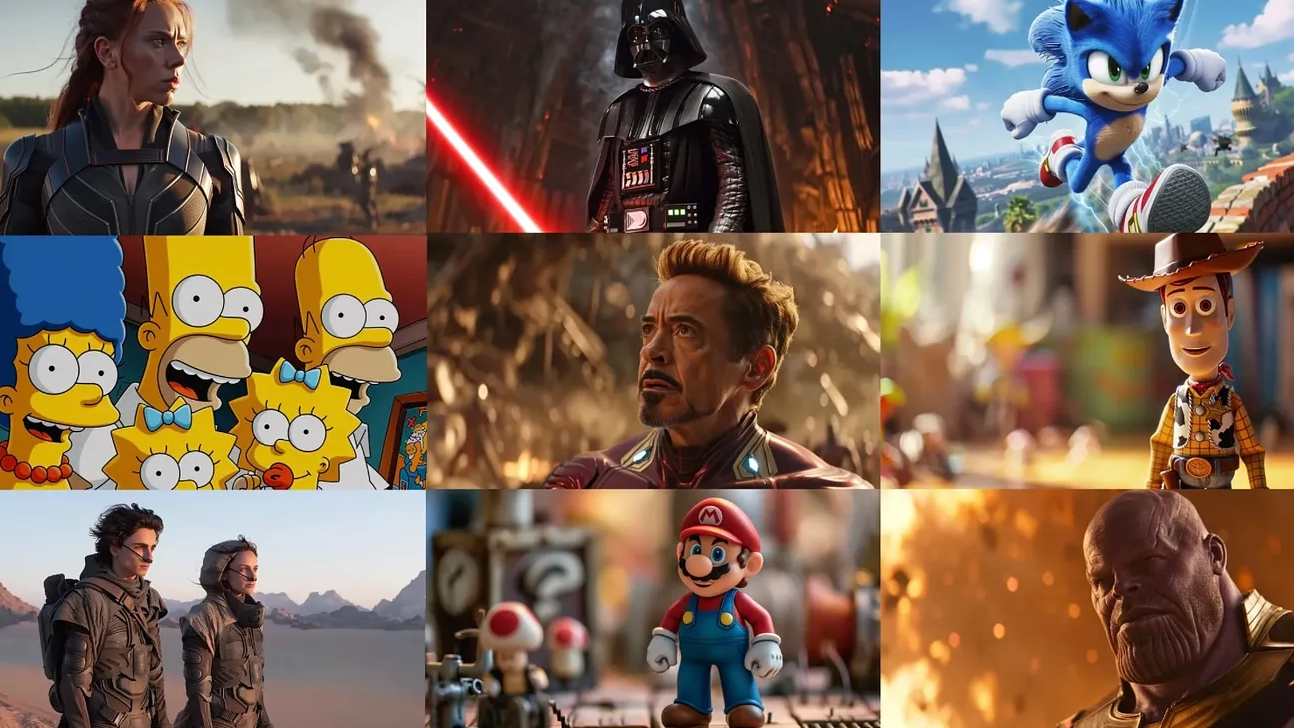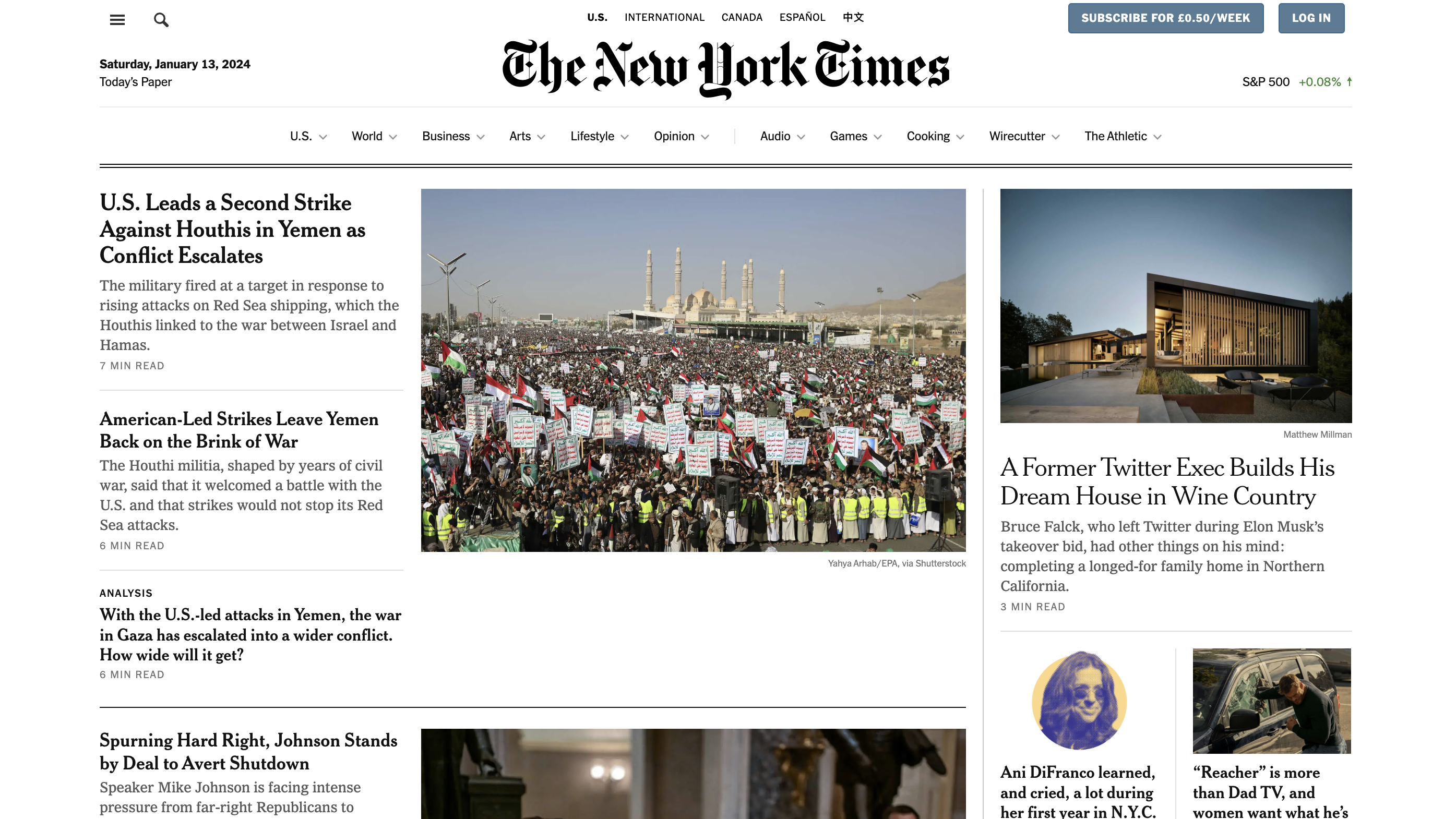
These days you can easily find yourself faced with a case of copyright infringement if you use text-to-image generators such as DALL•E 3 or Midjourney to create images. An innocent prompt could output a very familiar-looking face and, if you go ahead and use it, you could be breaking copyright laws.
Gary Marcus, founder and CEO of Geometric Intelligence is somewhat of an AI expert. His column, Marcus on AI is dedicated to dissecting and discussing the controversies, advantages and advances in AI. He recently embarked on an experiment with Reid Southen, a concept artist, illustrator and designer who has worked on The Matrix, Transformers, The Hunger Games and Marvel films.
In a mission to prove how easily image-to-text generators can "accidentally" recreate recognizable characters created by other artists, the pair fed Midjourney a series of prompts such as "videogame hedgehog" and "animated toys". On both occasions, DALL•E output four very familiar-looking images of the characters from Sonic the Hedgehog and Toy Story. On neither occasion did Marcus specify these characters but, due to how image generators scour the internet for information, they yield infringing artwork.
It’s not just an issue for image makers, either; The New York Times recently filed a lawsuit against OpenAI and Microsoft, accusing the companies of wrongfully using newspaper articles without permission to train their AI chatbots. Founded in 1851, The New York Times is one of the oldest newspapers still published. And despite the decline in sales of physical copies, the outlet still invests massive amounts of money in well-researched journalism and reporting for both print and online.
The New York Times filed the lawsuit at a Manhattan federal court, making it the first major US media organization to go up against ChatGPT. Not only is the company looking for compensation for damages, it also wants to ensure that writers are protected in the future by banning chatbots from being trained on its data.
In response to the lawsuit, OpenAI released a statement acknowledging the concerns and emphasizing its commitment to addressing them. "We take these legal challenges seriously and are actively reviewing our information-sourcing practices to ensure compliance with all relevant laws and regulations."
Legal experts suggest that OpenAI's case may hinge on whether the organization can demonstrate that its information-sourcing methods comply with copyright laws and privacy regulations. If OpenAI is found to be in violation, it could face significant financial penalties and reputational damage.
The outcome of these legal battles may have broader implications for the field of artificial intelligence, particularly in terms of how organizations source and use data from the internet. As the lawsuits unfold, the tech community will be closely watching to see how OpenAI navigates these legal challenges and whether it prompts changes in industry practices related to information sourcing for AI models.

Technology from the best AI image generators is becoming more and more coming in the best photo editing software. Good thing, or bad thing?







